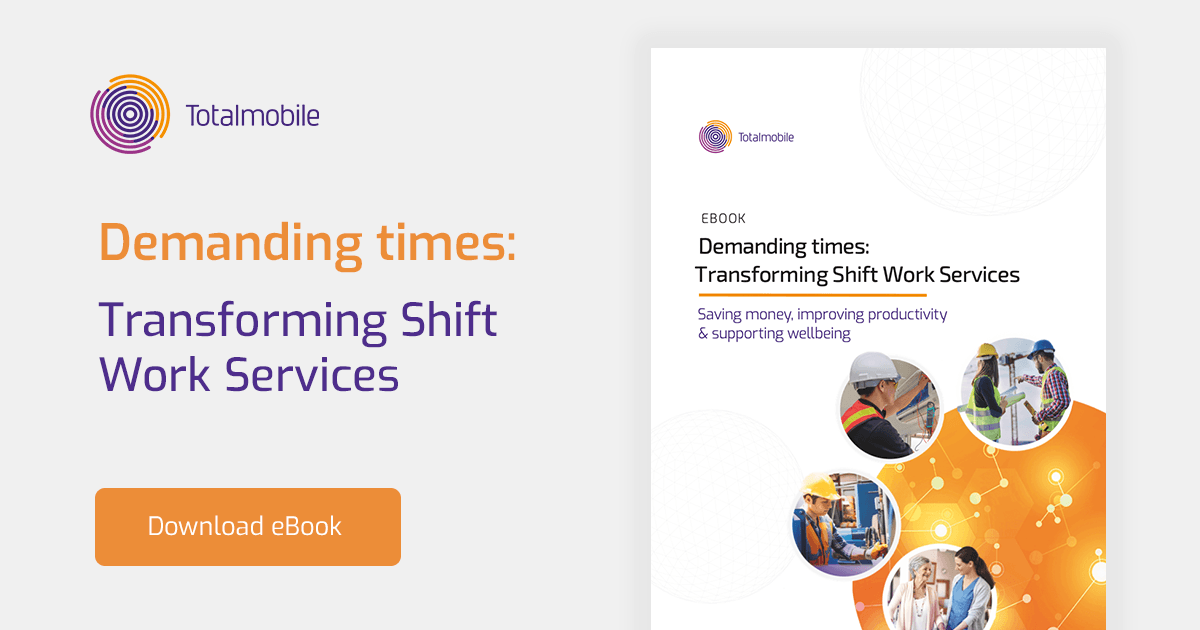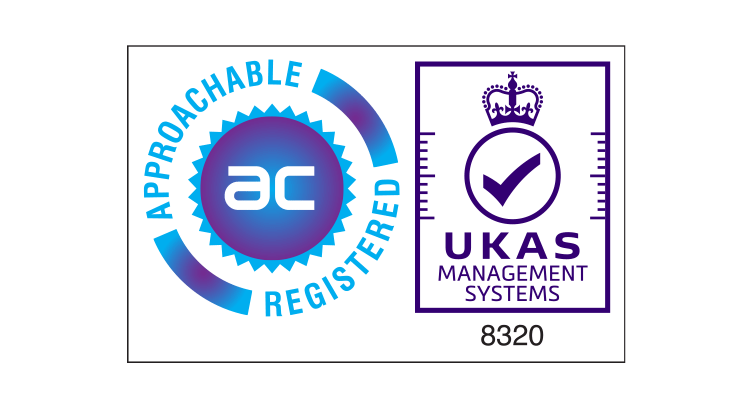Transforming Field Service Management (FSM)
Traditional Field Service Management

Common issues with Traditional Field Service Management

1. Too much time-consuming paperwork

2. Duplication of Data

3. Data errors
- Mounting maintenance costs.
- Loss of data.
- Errors transcribing data from paper into digital systems.
- Increasing frequency of service downtime.
- Inability to meet service capacity and demand.
In short, traditional field service can be complicated, labour and resource intensive and vulnerable to data inaccuracy with poor real-time flexibility. Considering the challenges of conventional field service, it’s hardly surprising that 91% of field service organisations are engaged in some form of digital initiative. As of this writing, 87% of service leaders describe digitisation as a top priority. So let’s briefly explain what a digital transformation in field service is.
What is the digital transformation of field service?

The definition of digital transformation.
Digital transformation transcends sales, marketing, mobile, inventory or customer service roles. A digital transformation of field services holistically encompasses how you engage with and relate to customers throughout the operational structure. Ultimately, it presents an opportunity to completely reimagine how an organisation conducts business with digital technology on its side, reaping the expected and unexpected benefits this may bring. This is the perfect place for me to set up the next article in our series: the benefits of field service management software.
Closing Thoughts
Transforming Field Service
Cybersecurity is not a trend that will go away. As a field service company working as an essential service, security is a prerequisite for staying open and building trust with customers. Investing in a field service management platform that protects customers’ personal information such as addresses, numbers and credit cards is essential to keep your customer safe and your business reputable. If this sounds desirable, get in touch with our experts today, who can demo the full suite of capabilities the Totalmobile platform provides.








